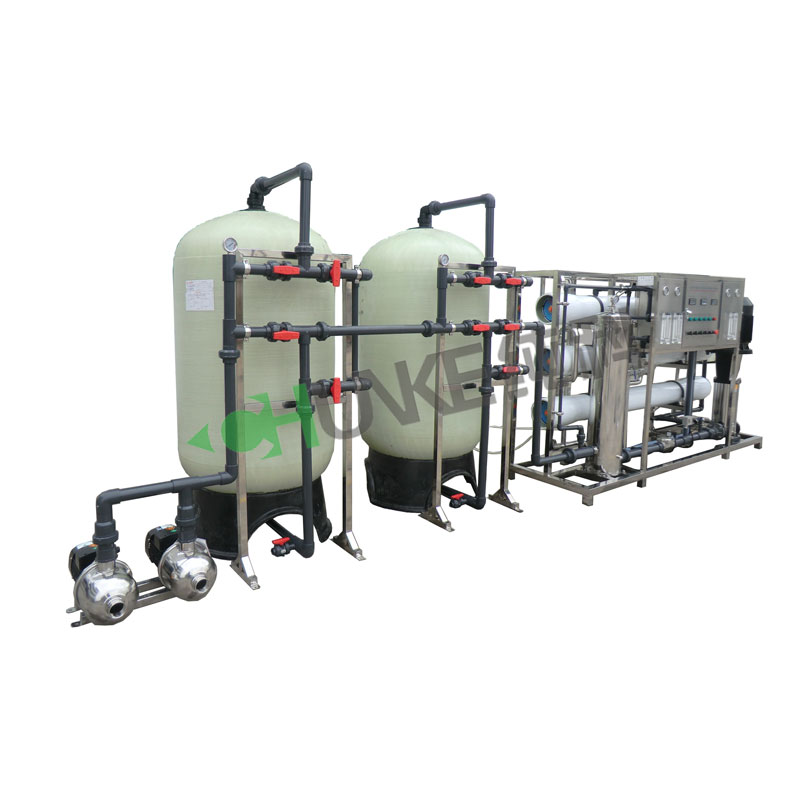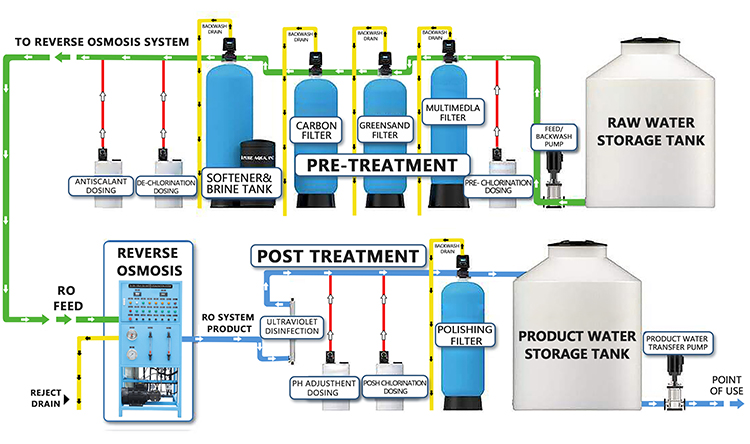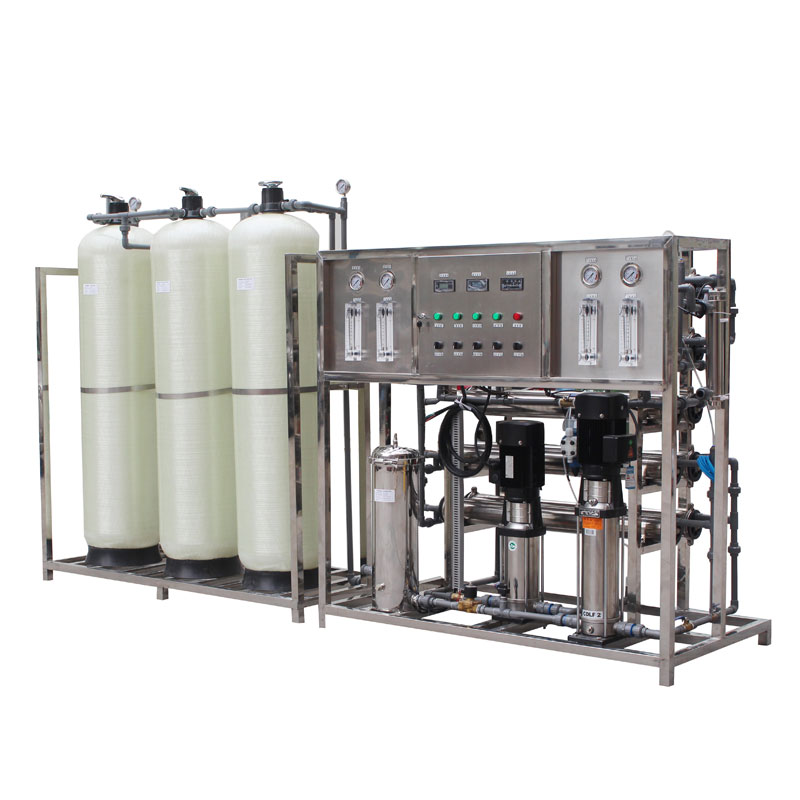Is a home reverse osmosis water purification system worth it?
Introduction: Home reverse osmosis water purification system is an effective method to purify drinking water and protect household water equipment. As people pay more attention to water quality, more and more households are choosing to install reverse osmosis water purification systems to ensure the safety and cleanliness of drinking water. This article will start with the advantages and disadvantages of a home reverse osmosis water purification system, discuss whether it is worth buying, and what factors to consider when choosing a system.
Is a home reverse osmosis water purification system worth it?
The purchase value of a home reverse osmosis water purification system can be measured in several ways. First of all, water quality safety is one of the important issues that modern families pay attention to. Unfiltered water can contain sediments, bacteria, heavy metals, and other harmful substances that not only affect the taste and smell of the water, but can also have a negative impact on the health of family members. Reverse osmosis water purification systems can effectively remove these contaminants and provide safe, clean drinking water.
Secondly, a home reverse osmosis water purification system can protect the water pipes and equipment in your home. Untreated water can contain sediments that can build up in water pipes, causing clogs and corrosion that can adversely affect appliances and equipment in your home. By installing a reverse osmosis system, your home's water pipes and appliances can be protected, reducing repair costs and extending the life of your equipment.
In addition, reverse osmosis water purification systems are simple to operate and easy to maintain. Systems are usually equipped with automatic monitoring and cleaning functions, allowing users to easily monitor water quality conditions and ensure efficient operation of the system. This convenience makes reverse osmosis systems an ideal choice for many homes.

What are the advantages and disadvantages of a home reverse osmosis water purification system?
Home reverse osmosis water purification systems offer several benefits that make them the first choice for many households:
1. Efficient purification: The reverse osmosis system can effectively remove dissolved salts, heavy metals, microorganisms and other impurities in the water, providing safe and clean drinking water.
2. Easy to operate: The system has a high degree of automation and is simple to use. Users only need to replace the filter element regularly and perform appropriate maintenance.
3. Save space: Home reverse osmosis systems are small and can be installed under kitchen cabinets or other places with limited space.
4. Energy Saving: Compared with other water purification technologies, reverse osmosis systems consume relatively low energy.

However, there are some disadvantages to home reverse osmosis water purification systems:
1. Wastewater discharge: The reverse osmosis system will produce wastewater during the purification process, which needs to be properly treated, otherwise it will increase the waste of water resources.
2. Initial investment: The initial investment of the system may be high, which may be a significant expense for some families.
3. Filtration speed: The purification speed of the reverse osmosis system is relatively slow, which may not be suitable for households with large flow of water needs.
4. Mineral loss: Reverse osmosis systems may remove beneficial minerals from the water, which may require additional supplementation by the user.

What factors should you consider when choosing a home reverse osmosis water purification system?
When choosing a home reverse osmosis water purification system, users need to consider several factors to ensure they purchase the right system:
1. Water quality needs: Choose an appropriate system based on the water quality conditions and drinking water needs of your home location. Water quality conditions in different areas may affect system selection.
2. System capacity: Choose the appropriate system capacity according to the water consumption of family members. A capacity that is too small may not meet demand, while a capacity that is too large may cause waste.
3. Filter replacement: Understand the frequency and cost of filter replacement for your system. The frequency and price of filter replacement may affect the operating costs of the system.
4. System brand and reputation: Choose well-known brands and products with good reputation to ensure the quality and reliability of the system.
5. After-sales service: Choose a manufacturer that provides good after-sales service to ensure that the system can be repaired and supported in time when problems arise.
6. Installation and maintenance costs: Understand the installation and maintenance costs of the system and ensure that it is within the budget.
Summarize
Household reverse osmosis water purification system is an important means to improve the quality of household drinking water and protect household water equipment. Although there are some disadvantages, such as wastewater discharge and higher initial investment, its advantages such as efficient purification, easy operation, space saving and energy saving make it an ideal choice for many households. When selecting a system, users should comprehensively consider factors such as water quality, capacity, brand, after-sales service, and cost based on the actual needs of the family to ensure the purchase of a suitable reverse osmosis water purification system. With proper selection and maintenance, a home reverse osmosis water purification system will provide families with safe, clean drinking water and improve their quality of life.






